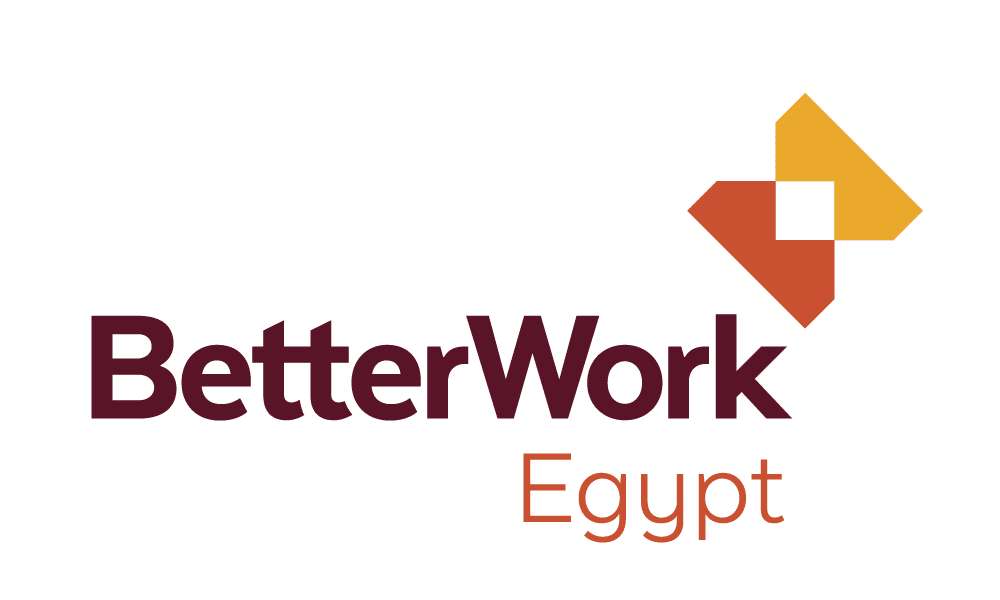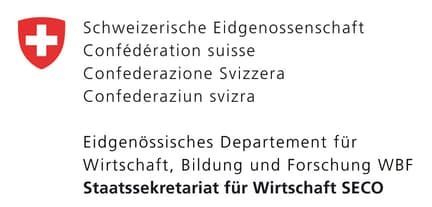Better Work Egypt
The aim of Better Work Egypt is to create a more competitive Egyptian garment industry with decent working conditions driven by improved social dialogue at the factory and sectoral level.
Piloted in 2017, the programme is part of a broader ILO project, Strengthening Labour Relations and their Institutions in Egypt (SLARIE).
Launched in 2020, SLARIE promotes the effective application of the recently amended trade union law and genuine support for social dialogue in Egypt. One of the objectives of the SLARIE project is the creation of a fully-fledged Better Work Programme in Egypt. Currently, Better Work Egypt delivers services for 60 factories, including conducting compliance assessments as well as limited advising and training services.
Collaboration and partnerships are crucial to the success of Better Work Egypt. With the Ministry of Manpower, Better Work Egypt will work on taking small and practical steps to build trust and leverage the experience and relationships of other ILO projects in the country. The Federation of Egyptian Industries (FEI) is the main employer point of contact, with Better Work Egypt expanding to other employer organizations that work in the exporting garment sector. As a result of its collaboration with Better Work Egypt, the garment sector will become a reference point for other sectors in the country through its efforts to promote decent work, prioritizing Freedom of Association, social dialogue and workers’ rights.
Our Strategic Goals
Better Work Egypt’s 2022-2027 strategic phase will work to achieve the following outcomes:
By 2027, compliance and business outcomes will have improved in registered factories through applying Better Work’s factory engagement model in collaboration with social partners.
By 2027, quality gender-transformative social dialogue at the enterprise and sectoral levels – including through workplace committees, unions, and sectoral meetings – will be achieved and sustained.
By 2027, increased transparency and knowledge of issues through data and evidence sharing and convening around results will improve evidence-based policymaking.
Latest news
ILO hosts industrial seminar to support compliance with Egypt’s new private sector minimum wage
CAIRO, 17 March 2025 – Following the adoption of Ministerial Decision No. 15 of 2025, which sets a new private sector minimum wage of 7,000 EGP (approximately 138 USD) per month, effective March 1, the ILO/IFC Better Work Egypt (BWEg) programme and the ILO “Empowerment through Education and Learning in Egypt” (ETEL) project have collaborated …
Contribution to Priority Themes
Better Work Egypt’s strategy contributes to five priority themes set out in the global Better Work strategy. These themes crosscut the strategic goals and will be present in our factory engagement, research, policy influencing, and content produced, as well as affect how we allocate our human and financial resources.
Data and Evidence
Data and evidence related to the progress on social dialogue at the factory, sectoral and national levels will be important to monitor throughout the lifespan of the programme and will be shared with national stakeholders in the form of lessons learned and best practices. Operational data collected through factory engagement will serve as evidence in annual reports and will be shared publicly on the Transparency Portal.
Environmental Sustainability
Better Work will convene stakeholders, moderate discussions and promote collaboration around environmental sustainability.
Gender Equality & Inclusion
Better Work Egypt will take action on issues of discrimination, paid work and care, voice and representation, leadership and skills development, sexual harassment and family-friendly workplaces. At the enterprise level, the programme will work toward the inclusion of women in leadership positions and committees. At the sectoral and national levels, the programme will promote equitable laws and policies.
Occupational Safety and Health (OSH)
Better Work Egypt will focus on establishing and strengthening OSH committees so that improvements in OSH, particularly fire safety, are driven and sustained at the factory level.
Social Dialogue
Better Work Egypt will take actions to enhance social dialogue at the factory and sectoral levels and indirectly influence social dialogue at the national level.



